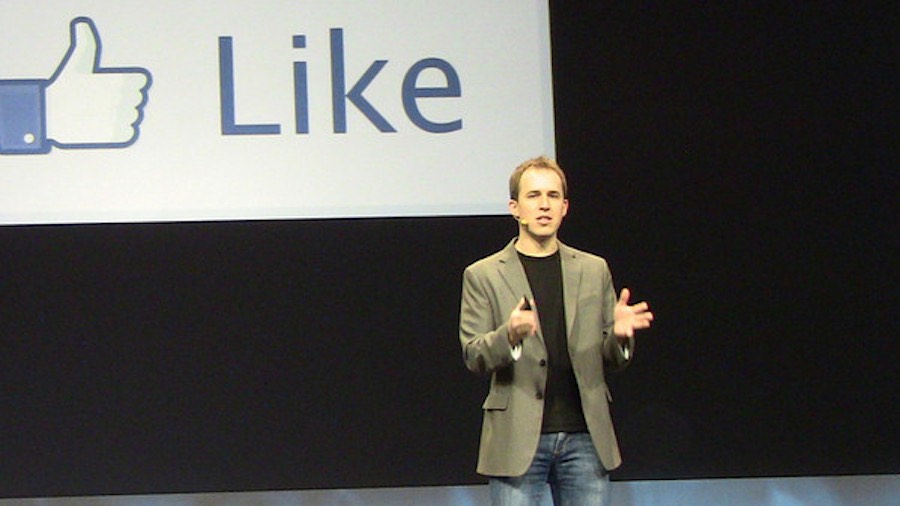 Short Bytes: Bret Taylor worked as the Cheif Technical Officer at Facebook. In Quora post, Bret shares the interactions he had with the CEO Mark Zuckerberg about how the product discussions went on for days and weeks. He also compared his life at Google and Facebook.
Short Bytes: Bret Taylor worked as the Cheif Technical Officer at Facebook. In Quora post, Bret shares the interactions he had with the CEO Mark Zuckerberg about how the product discussions went on for days and weeks. He also compared his life at Google and Facebook.
Bret’s name grabbed our attention because of a post he wrote on Quora, “What’s it like to work for Mark Zuckerberg as a product person?”
“Honestly, it was one of the most rewarding opportunities I’ve had in my career,” he said. “Mark’s most admirable quality as a leader and manager is that he is so open to ideas.”
Taylor described the long walk and talk sessions he used to have with Mark. He elaborated Mark’s quality of being understanding and not trying to convince him with his ideas, as did the other product leaders he worked with. When the duo went for complex discussions, Mark would start throwing questions at him one after the other which “kind of a Socratic product review”, Taylor said.
The interactions were always extremely intellectually rewarding.
Their walk talks would go on for days, and even weeks until they reached the arrived at a conclusion. “I can honestly say a few of these discussions ended in my “agreeing” via losing a mental war of attrition.”
As the post continues, what seems to a descriptive story of his interactions with Mark Zuckerberg starts turning into a comparison between Facebook and Google. “From 2004 – 2006, Google embraced a “let a 1000 flowers bloom” approach to product development,” he said. The approach did propel the development of project were not up to the Google standards.
He praised the “independence” he was able to get at Google. He felt the freedom and ease of implementing his idea while designing products. But sometimes, the freedom and independence just vanished away in the darkness of forced integrations and random project cancellations. Many of his colleagues were affected by these practices.
“Consequently, in looking back on both experiences, I was often happier at Facebook. Mark was deeply involved, but also in a meaningful and transparent way. I exchanged some independence for stability, transparency, and inclusiveness, and it was a very rewarding experience.” – he concluded.
Taylor has recently been appointed to Twitter’s board of members.
Stories like these have elaborated Mark Zuckerberg as a curious, strong-willed and a supportive person who wants to connect the world with the power of the internet. However, Peter Sunde, The Pirate Bay founder, has a different opinion. “Facebook is the biggest nation in the world and we have a dictator, if you look at it from a democracy standpoint, Mark Zuckerberg is a dictator. I did not elect him. He sets the rules,” said Sunde.
The question whether Mark Zuckerberg is a dictator or not can’t be answered. The fact that Facebook has played a vital role in connecting the world can’t be denied. But the other side of the coin should be taken into consideration. Facebook is slowly becoming an inevitable part of people’s lives. And this is not a good sign for the future.
And why only Facebook? All sorts of social networks come under this topic of discussion. Your whole life would be in hands of the internet companies. Many people get fired just because of a Facebook post. This is a perfect example to depict the severity of the situation. You don’t need to cut the internet wires. Just make sure don’t end exposing your private life on social media.
If you have something to add, tell us in the comments below.

No comments:
Post a Comment